Himka, “Religion and Nationality in Western Ukraine: The Greek Catholic Church and the Ruthenian National Movement in Galicia, 1870-1900”
Nostalgia for the Absolute by G Steiner
The Triumph of Narrative: Storytelling in the Age of Mass Culture by Robert Fulford
John Oller, “The Swamp Fox: How Francis Marion Saved the American Revolution”
Angus MacKay – Spain in the Middle Ages: From Frontier to Empire, 1000–1500 (New Studies in Medieval History)
Himka, “Religion and Nationality in Western Ukraine: The Greek Catholic Church and the Ruthenian National Movement in Galicia, 1870-1900”
Using Soviet archival materials declassified in the 1980s, John-Paul Himka examines a period during which the Greek Catholic church in Galicia was involved in a protracted, and at times bitter, struggle to maintain its distinctive, historically developed rites and customs. He focuses on the way differing concepts of Rutherian nationality affected the perception and course of church affairs while showing the influence of local ecclesiastical matters on the development and acceptance of these divergent concepts of nationality. The implications and complications of the Galician imbroglio are engagingly explained in this latest addition to Himka’s work on nationality in late nineteenth-century Galicia. His analysis of the relationship between the church and the national movement is a valuable addition to the study of religion and national movements in East Europe and beyond.
Nostalgia for the Absolute by G Steiner
The decline of formal religious systems has left a moral and emotional emptiness in Western culture. George Steiner, internationally renowned thinker and scholar, pursues this and examines the alternative “mythologies” of Marxism, Freudian psychology, Levi-Straussian anthropology, and fads of irrationality.
The Triumph of Narrative: Storytelling in the Age of Mass Culture by Robert Fulford
When I hear a good story, I have an almost physical need to tell it. Of all the ways we communicate with one another the story has established itself as the most comfortable, the most versatile.
In The Triumph of Narrative, celebrated journalist and critic Robert Fulford explores narrative in all of its forms–from conversation, gossip, and urban legends to journalism, literature, film and television. Fulford vividly illustrates how storytelling formed the core of civilized life, how stories shape us as much as we shape stories, and why the human appetite for narrative persists.
John Oller, “The Swamp Fox: How Francis Marion Saved the American Revolution”
In the darkest days of the American Revolution, Francis Marion and his band of militia freedom fighters kept hope alive for the patriot cause during the critical British “southern campaign.” Employing insurgent guerrilla tactics that became commonplace in later centuries, Marion and his brigade inflicted enemy losses that were individually small but cumulatively a large drain on British resources and morale.
Although many will remember the stirring adventures of the “Swamp Fox” from the Walt Disney television series of the late 1950s and the fictionalized Marion character played by Mel Gibson in the 2000 film The Patriot, the real Francis Marion bore little resemblance to either of those caricatures. But his exploits were no less heroic as he succeeded, against all odds, in repeatedly foiling the highly trained, better-equipped forces arrayed against him.
In this action-packed biography we meet many colorful characters from the Revolution: Banastre Tarleton, the British cavalry officer who relentlessly pursued Marion over twenty-six miles of swamp, only to call off the chase and declare (per legend) that “the Devil himself could not catch this damned old fox,” giving Marion his famous nickname; Thomas Sumter, the bold but rash patriot militia leader whom Marion detested; Lord Cornwallis, the imperious British commander who ordered the hanging of rebels and the destruction of their plantations; “Light-Horse Harry” Lee, the urbane young Continental cavalryman who helped Marion topple critical British outposts in South Carolina; but most of all Francis Marion himself, “the Washington of the South,” a man of ruthless determination yet humane character, motivated by what his peers called “the purest patriotism.”
In The Swamp Fox, the first major biography of Marion in more than forty years, John Oller compiles striking evidence and brings together much recent learning to provide a fresh look both at Marion, the man, and how he helped save the American Revolution.
Angus MacKay – Spain in the Middle Ages: From Frontier to Empire, 1000–1500 (New Studies in Medieval History)
Introduction.
Protection Rackets and Crusaders, c. 1000–1212.
Society and the Frontier, c. 1000–1212.
The Problems and Opportunities of Reconquest, c. 1200–1350.
The Frontier and Cultural Change.
Constitutional Developments: Kings and Cortes.
The Politics of Maritime Enterprise and the Formulation of Absolutism.
Institutional Changes and Experiments.
Economic Problems and Social Unrest.
Society, Religion and Culture.
Conclusion.
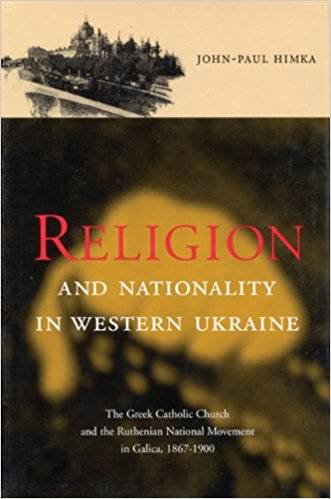 1 / 5
1 / 5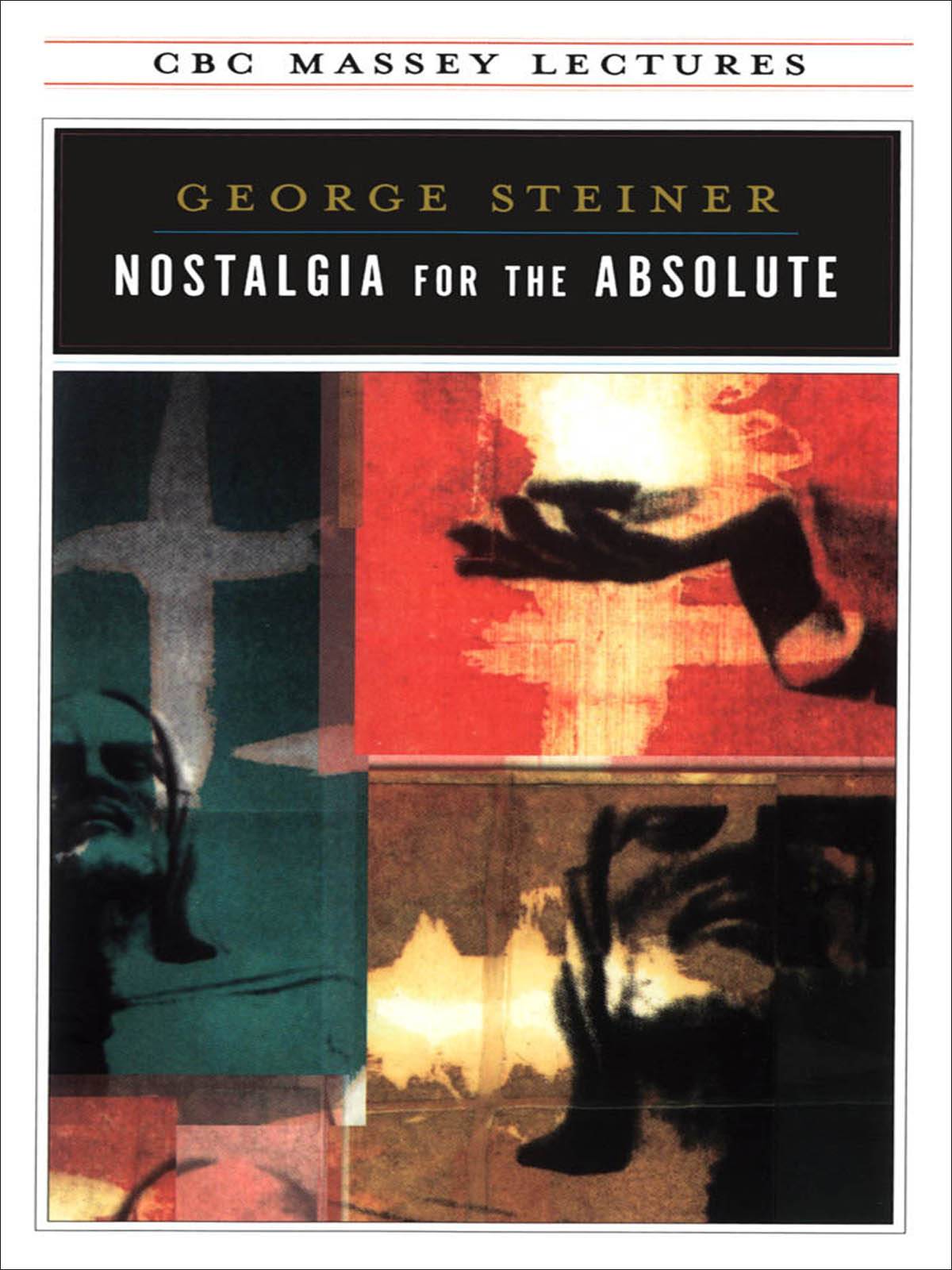 2 / 5
2 / 5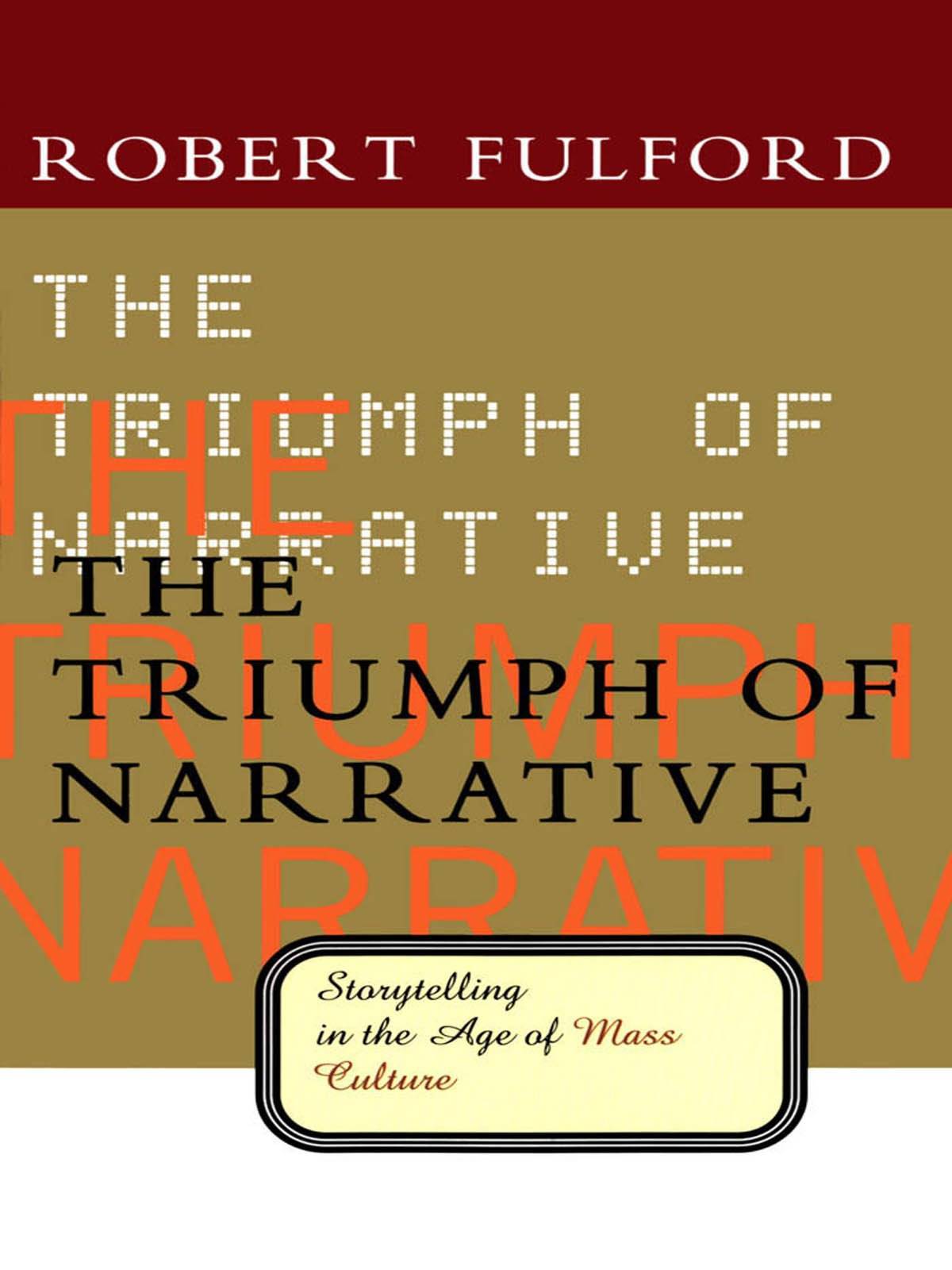 3 / 5
3 / 5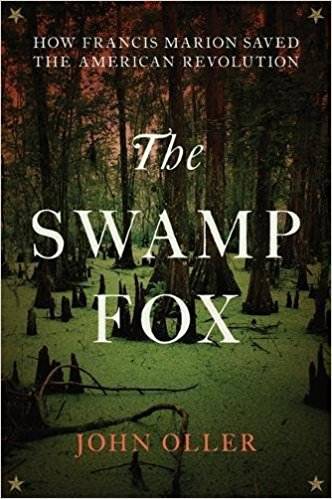 4 / 5
4 / 5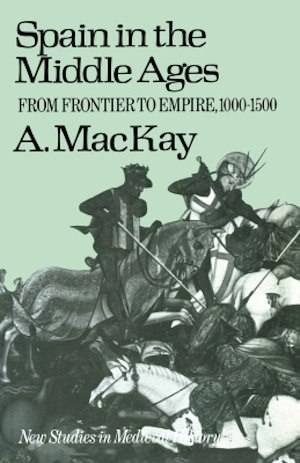 5 / 5
5 / 5